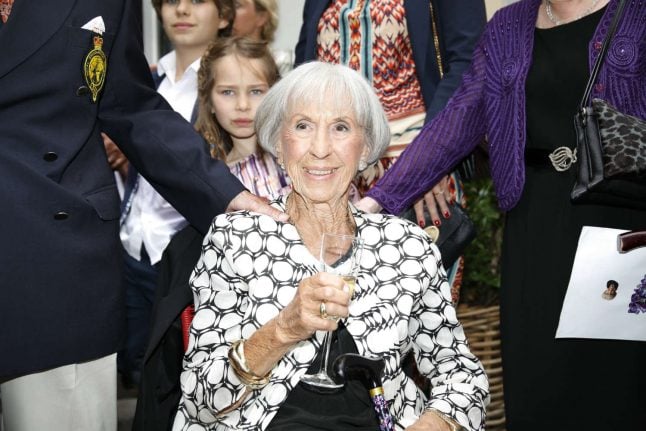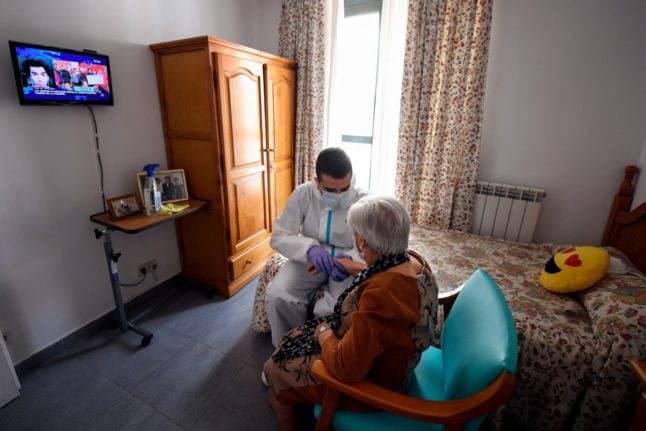Three times as many people in Denmark are reaching their centenaries compared to 25 years ago, reports broadcaster DR.
The report says that 1,143 Danes could boast one hundred years of life at the beginning of 2017, compared with 367 in 1992.
The list of Danish centenarians now also includes hugely-popular author and journalist Lise Nørgaard, creator of the legendary 1970s DR television series Matador, who celebrates her 100th birthday today.
Despite her high age, Nørgaard was able to give a series of in-depth interviews to the broadcaster for a documentary programme to be released to mark her centenary.
Improved living conditions in a host of aspects, including better working environments, housing, healthcare and elderly care can all be thanked for the longer and better quality of senior years enjoyed by increasing numbers of Danes, says the report.
READ ALSO: Denmark is one of the best places to grow old
Kaare Christensen, head of the Centre for Age Research at the University of Southern Denmark, told DR that the trend of longer and better lives was likely to continue.
“Elderly people reach old age with better and better mental states, and the data we have… indicates that this progression will continue for many years. It appears that a good start in life with regard to IQ also means high IQ is retained in later life,” he said.
Danish military recruitment tests have shown an increase in the average intelligence of young men during the 20th century, according to DR’s report.
“The combination of a good head, IT and economy is positive both for the elderly and on a societal level, as it means elderly people can do many things themselves,” Christensen said.
The current average life expectancy for Danes is 82.2 years for women and 78.8 years for men, according to Statistics Denmark.
But although its number of centenarians is increasing, Denmark still finds itself behind many other OECD countries on life expectancy at the age of 65.
READ ALSO: Denmark's oldest woman dies at 110



 Please whitelist us to continue reading.
Please whitelist us to continue reading.